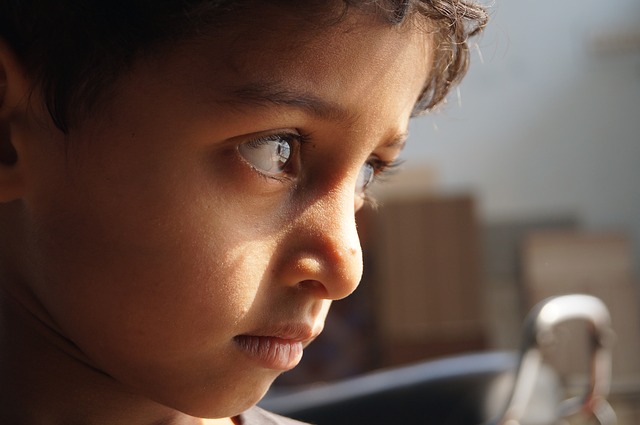Understanding Egocentrism in childhood
Many preschool children tend to be egocentric. They only hear themselves. The speech of the child is aimed at an internal dialogue with his person.

Table of Contents
What is egocentrism in child development?
Egocentrism is a term used in psychology to describe a child’s inability to understand that other people have different thoughts, feelings, and experiences. It is a normal part of child development and typically begins around the age of 2 or 3. Children who are egocentric have difficulty seeing things from another person’s perspective and may have trouble understanding why other people behave the way they do. This can make it difficult for them to interact with others and to understand social cues and norms. Egocentrism usually diminishes as a child gets older and gains more experience with the world around them.
Examples of egocentrism in children
Egocentrism in children can manifest in a number of different ways. Some examples of egocentric behavior in children include:
- Struggling to understand that other people have different thoughts, feelings, and experiences than they do
- Believing that everyone else is interested in the same things they are
- Difficulty taking the perspective of others and understanding why they behave the way they do
- Struggling to understand social norms and expectations
- Difficulty interacting with others and engaging in cooperative play
- Believing that rules and expectations apply only to them and not to others
- Struggling to understand that other people have different opinions and points of view
These behaviors are typical in young children and tend to diminish as they get older and gain more experience with the world around them. However, some children may continue to struggle with egocentric thinking and may need additional support and guidance to develop the skills they need to interact successfully with others.
How to deal with egocentric child behavior
It is important to remember that egocentrism is a normal part of child development and does not necessarily indicate a problem.
However, if a child’s egocentric behavior is causing difficulty in their interactions with others or is causing problems in their daily life, there are some steps that a parent or caregiver can take to help.
One approach is to provide the child with opportunities to practice perspective-taking and empathy. For example, parents can encourage the child to try to see things from the perspective of others by asking them how someone else might feel in a given situation. Parents can also model empathy in their own interactions with others and encourage their children to do the same.
Another approach is to provide the child with structured opportunities to interact with other children and to learn about social norms and expectations. This can include activities such as playing with others, participating in group games, or attending social events.
It is also important for parents to be patient and to provide the child with support and guidance as they learn to understand the perspectives of others. Consistent and loving reinforcement can help the child to develop the skills they need to interact successfully with others.
Tips and steps that can help egocentric children
If a child is struggling with egocentric behavior, there are some steps that a parent or caregiver can take to help. These may include:
- Providing the child with opportunities to practice perspective-taking and empathy. This can include asking the child how someone else might feel in a given situation, encouraging them to consider the perspective of others, and modeling empathy in their own interactions with others.
- Providing structured opportunities for the child to interact with other children and learn about social norms and expectations. This can include activities such as playing with others, participating in group games, or attending social events.
- Being patient and providing the child with support and guidance as they learn to understand the perspectives of others. Consistent and loving reinforcement can help the child to develop the skills they need to interact successfully with others.
- Seeking support from a professional if the child’s egocentric behavior is causing significant problems in their daily life or is interfering with their ability to interact with others. A therapist or other mental health professional can provide additional guidance and support to help the child overcome their egocentrism and develop the skills they need to interact successfully with others.
Egocentrism and egoism: what are the similarities and differences?
Egocentrism and egoism are related but distinct concepts. Egocentrism refers to a person’s inability to understand that other people have different thoughts, feelings, and experiences than they do. It is a cognitive bias that leads a person to focus exclusively on their own perspective and to have difficulty seeing things from the perspective of others. Egocentrism is typically seen in children and tends to diminish as a person gets older and gains more experience with the world around them.
Egoism, on the other hand, refers to a person’s focus on their own interests and desires, often at the expense of others. Egoism is a type of ethical theory that holds that the pursuit of one’s own self-interest is the foundation of morality. Egoists believe that people should act in their own self-interest and that acting in the interests of others is only justified if it also serves their own interests.
While both egocentrism and egoism involve a focus on the self, there are some key differences between the two concepts. Egocentrism is a cognitive bias that affects a person’s ability to understand the perspectives of others, while egoism is a philosophical position that advocates for self-interest as the basis of morality. Additionally, egocentrism is typically seen in children and diminishes with age, while egoism is a belief that a person may hold throughout their life.

